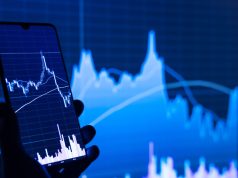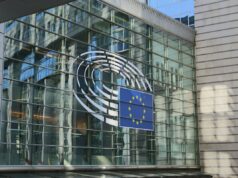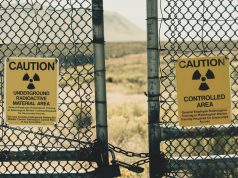When playwright William Shakespeare asked the question, “What’s in a name?” in Romeo and Juliet, he was referring to the idea that names themselves are a convention to distinguish things or people, but themselves do not have any worth or meaning.
“What’s in a name? That which we call a rose by any other name would smell as sweet” (Romeo and Juliet, II, ii, 1-2). Juliet asks this of Romeo in their famous balcony scene, making the point that names are only titles.
What’s in a fund name?
Taking this analogy, the most sophisticated climate change solution fund would still be a great investment even if the fund had a different name.
The above refers to current initiatives of regulators and supervisors in the EU, UK and U.S. to review fund name rules.
Most rules refer to some sort of definiton of “sustainable investment” with respect to portfolio holdings and might apply percentage rules (like the 80 % fund name rule in the U.S.) linked to these sustainable investments (as referred to in Article 2(17)) SFDR.
Challenges ahead
Market participants identified a number of challenges which could be listed as follows:
– The definition of sustainable investment as referred to in Article 2(17) SFDR is not clear and different interpretations are noticed in the market, as observed by Roland Kölsch, MD of QNG (FNG Siegel).
– Is a specific investee company with 60 percent sustainable activities (tbd) to be classified as ‘a sustainable company’ or only the quota of 60 %? This is crucial for the ongoing monitoring of compliance with a specific fund name rule (be it 50 % or 80 % sustainable investments).
– Market participants also questioned whether planned asset allocations or actual allocations will be the basis for fund name rule compliance.
– Would Art. 6 fund with an ESG-related word in its name have to be reclassified as Art. 8 because of a new fund name rule? Analysts referred to more than 500 of such funds registered in continental Europe alone. A similar case could be made with respect to portfolio holdings (subject to the sustainable investment definition as mentioned above).
– Art. 6 funds might therefore not be allowed to carry ESG-related words in its name? Certainly they would not be prevented from investing in sustainable investments because this would essentially create a group of funds actively searching for unsustainable investments which should not be a promoted as such. The sense is that there is limited excitement in the market to search for the best names for this group of outcast funds.
– Fund managers raised concerns how they would monitor MiFID, SFDR and fund name rule compliance on a real time basis. Another concern is that too many restraints on fund managers would reduce the nunances of their active strategies and lead to more cautious allocations and less active and more passive investment strategies.
– Index providers and passively oriented investors mentioned that fund name rules could also be extended to benchmarks and indices which would require them to closely monitor investee companies’ performance and market caps to ensure compliance with fund name rules. Necessary adjustments (based on index change rules) would result in passive strategies becoming more active.
The current consultation papers and questionnaires have raised a number of important aspects, and the feedback gathered will shine a bright light on the challenges ahead and provide valuable information for solutions that meet the expectations and preferences of market participants.
„The different regulatory pillars make a lot of sense within themselves. Unfortunately, the coordinating hand is missing which makes all these regulations a real nightmare in practice. Even more as the EC is missing to give clear answers to still a lot of open questions. The more granular Brussels is wanting to regulate the more questions arise”, commented Roland Kölsch, MD of QNG (FNG Siegel).
| All opinions expressed are those of the author and/or quoted sources. investESG.eu is an independent and neutral platform dedicated to generating debate around ESG investing topics.









